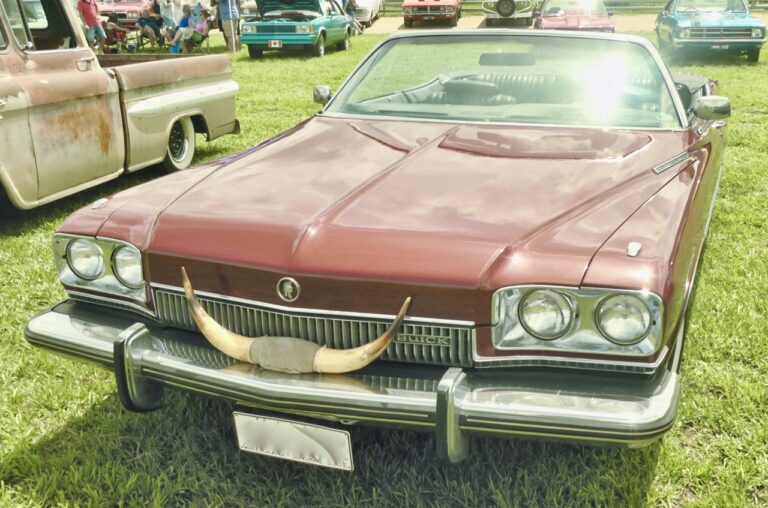Why Diesel Cars Are Becoming Obsolete
Diesel cars have long been a point of contention when it comes to environmental concerns. The combustion of diesel fuel releases a higher amount of pollutants into the atmosphere compared to gasoline engines, contributing to air pollution and poor air quality. This has raised alarms among environmentalists and health experts alike.
The particulate matter and nitrogen oxides emitted by diesel cars are known to have detrimental effects on human health, increasing the risk of respiratory diseases and exacerbating existing conditions such as asthma. Additionally, these pollutants contribute to the formation of smog and acid rain, further impacting the environment and ecosystems. It is crucial to address the environmental implications of diesel cars in order to mitigate their negative effects on both human health and the planet.
Impact of Diesel Cars on Air Quality
Diesel cars have been a popular choice for many drivers due to their fuel efficiency and high torque output. However, these vehicles have raised significant concerns about their impact on air quality. Diesel engines emit a mix of harmful pollutants, such as nitrogen oxides and particulate matter, which can contribute to the deterioration of air quality and pose health risks to individuals, especially those living in urban areas with heavy traffic congestion.
The combustion process in diesel engines generates fine particles that can penetrate deep into the lungs and bloodstream, leading to respiratory issues and exacerbating conditions like asthma and bronchitis. Additionally, nitrogen oxides produced by diesel vehicles contribute to the formation of ground-level ozone and smog, which can further worsen air quality and have adverse effects on the environment. As concerns over air pollution grow, there has been a push towards transitioning to cleaner alternatives like electric and hybrid vehicles to mitigate the negative impact of diesel cars on air quality.
Rise in Electric and Hybrid Vehicles
Electric and hybrid vehicles are steadily gaining popularity in the automotive market due to their eco-friendly nature and cost-effective benefits. The rise in awareness of environmental issues has led consumers to gravitate towards these alternative options that produce lower emissions compared to traditional gasoline vehicles.
Additionally, advancements in technology have significantly improved the performance and range of electric and hybrid vehicles, making them more appealing to a broader range of consumers. As infrastructure for charging stations continues to expand, the convenience of owning an electric or hybrid vehicle also continues to increase, further contributing to their growing presence on the roads.





